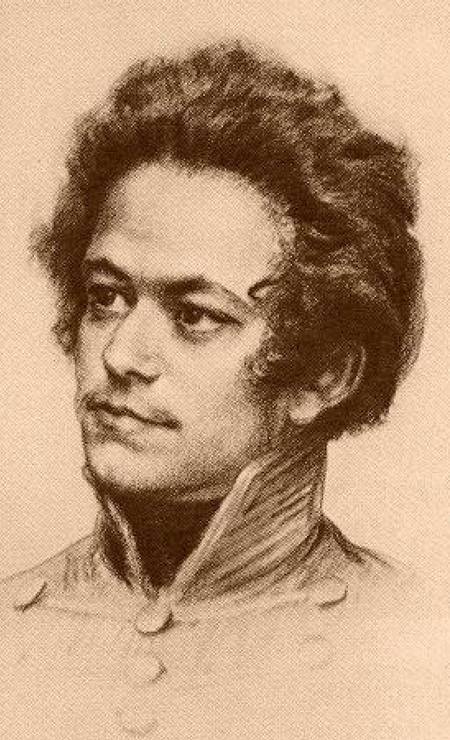When reading through Marx I can’t help but think that capitalism has gotten even worse today than it used to be back then, meaning that the actual mechanisms that drive capital now need much more exploitation and in more forms than they used to.
Also I wonder if some changes of capitalism have also caused the working class to be so completely numb. Workers of the 19th and 20th century knew that the capitalists have opposite needs to them and only through fighting them could they stand to improve their situation. However today people just seem uninterested to really fight for themselves despite the proletariat being a much larger percentage of society compared to the past. I know I’m leaving out some important struggles going on when I’m saying this, but it still makes me wonder what made workers in the past centuries so much more class conscious.
I don’t believe that much, if anything, that Marx critiqued about capitalism has changed on a structural level, but the flow of capital is so complex today, and the collected capital has become so much larger, that it begs the question if this has created some superstructures of capitalism today.


Underdevelopment and financial imperialism wasn’t yet articulated, I don’t think.
Marx observed that capitalists continually invest in productive capacity and transition through primitive accumulation into industrial production. Then, over time, this becomes over capacity as the rate of profit declines and this leads to cyclical market crashes.
Underdevelopment seems fundamentally different. The goal in financial imperialism is to prevent the build up of production and to keep the periphery trapped at the bottom of the production chain i.e. raw resource extraction, resource production, and resource transportation.
These underdeveloped regions are trapped in unequal exchange and superexploitation, essentially primitive accumulation is extended rather than transitioning to industrial production, and in this state they generate superprofits for the metropoles to pay off workers higher up the value-added production chain.
The rate of superprofit doesn’t decline, at least, not as cyclically as profit. At this higher stage of capitalism, imperialism, they are not actually building capacity to increase productivity. They are actively preventing industrial capacity building to keep the periphery in a perpetual state of dependency, so the same cycles don’t occur like they do in the metropoles.
There are still limits to growth, but the contractions are between the metropoles and the periphery rather than the bourgeoisie and the proletariat. That’s why national liberation struggles often work with the national bourgeoisie against transnational capital and their compradores.
At least, that’s my read? I just listen to audiobooks at work lol